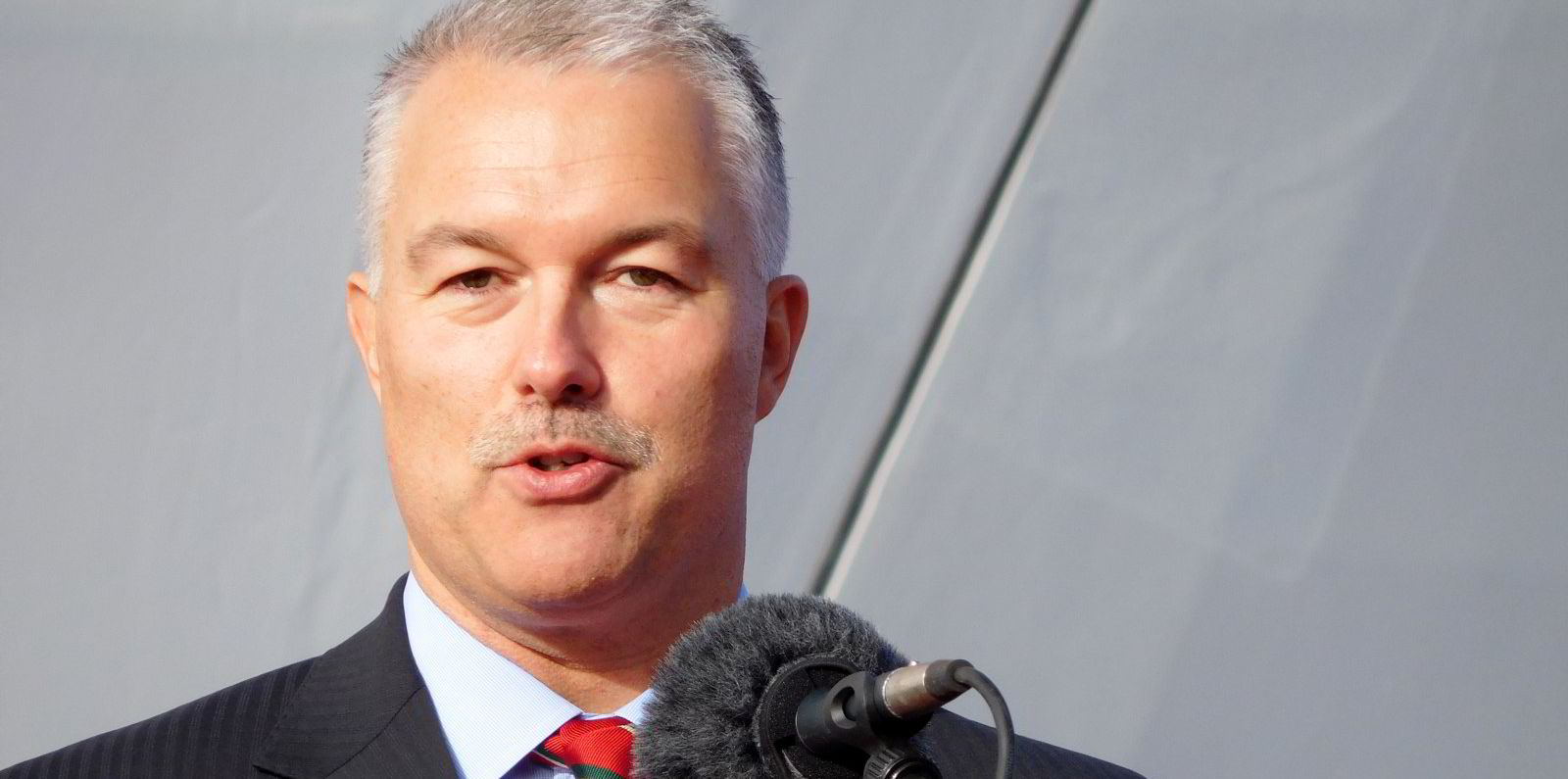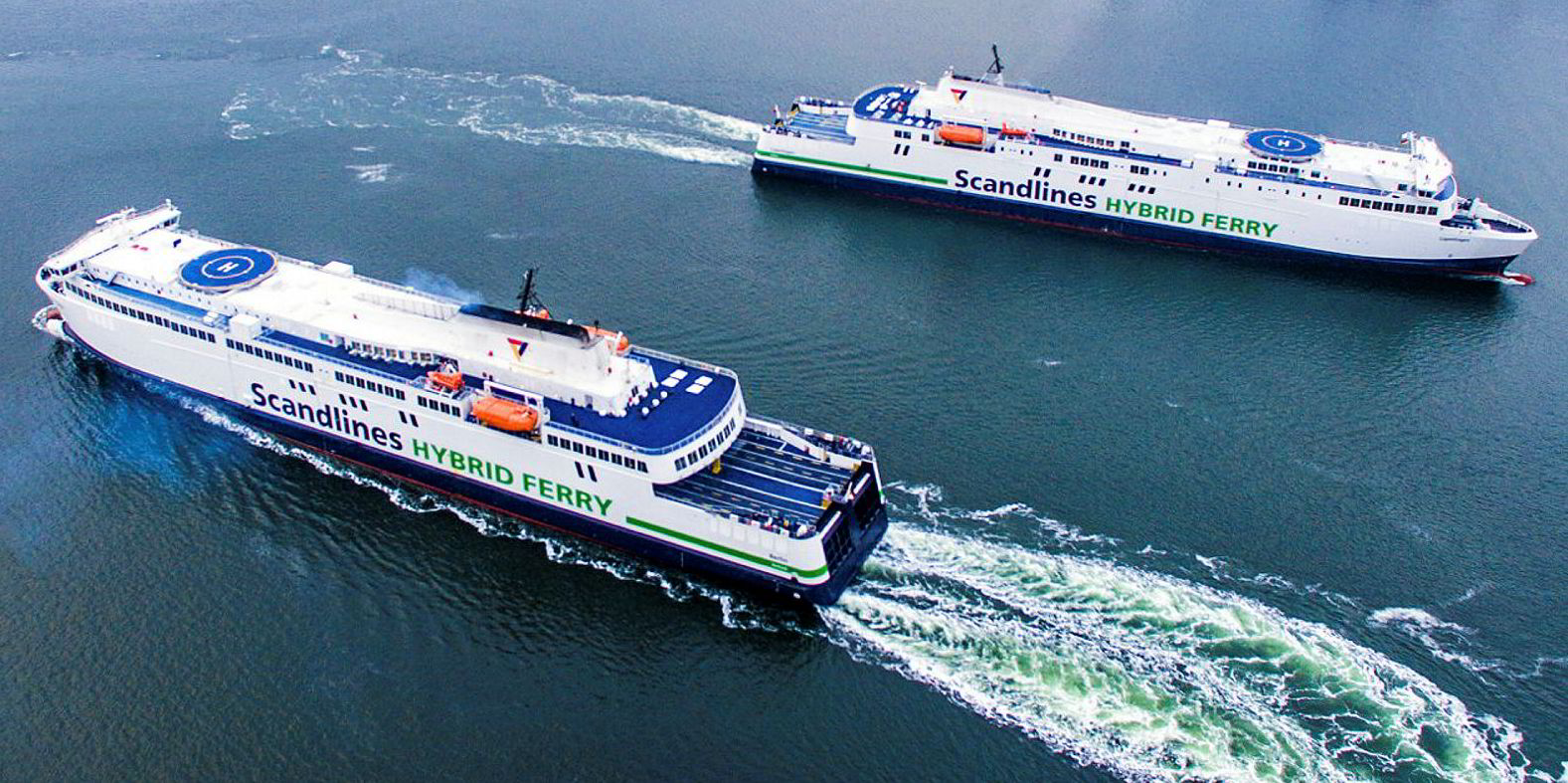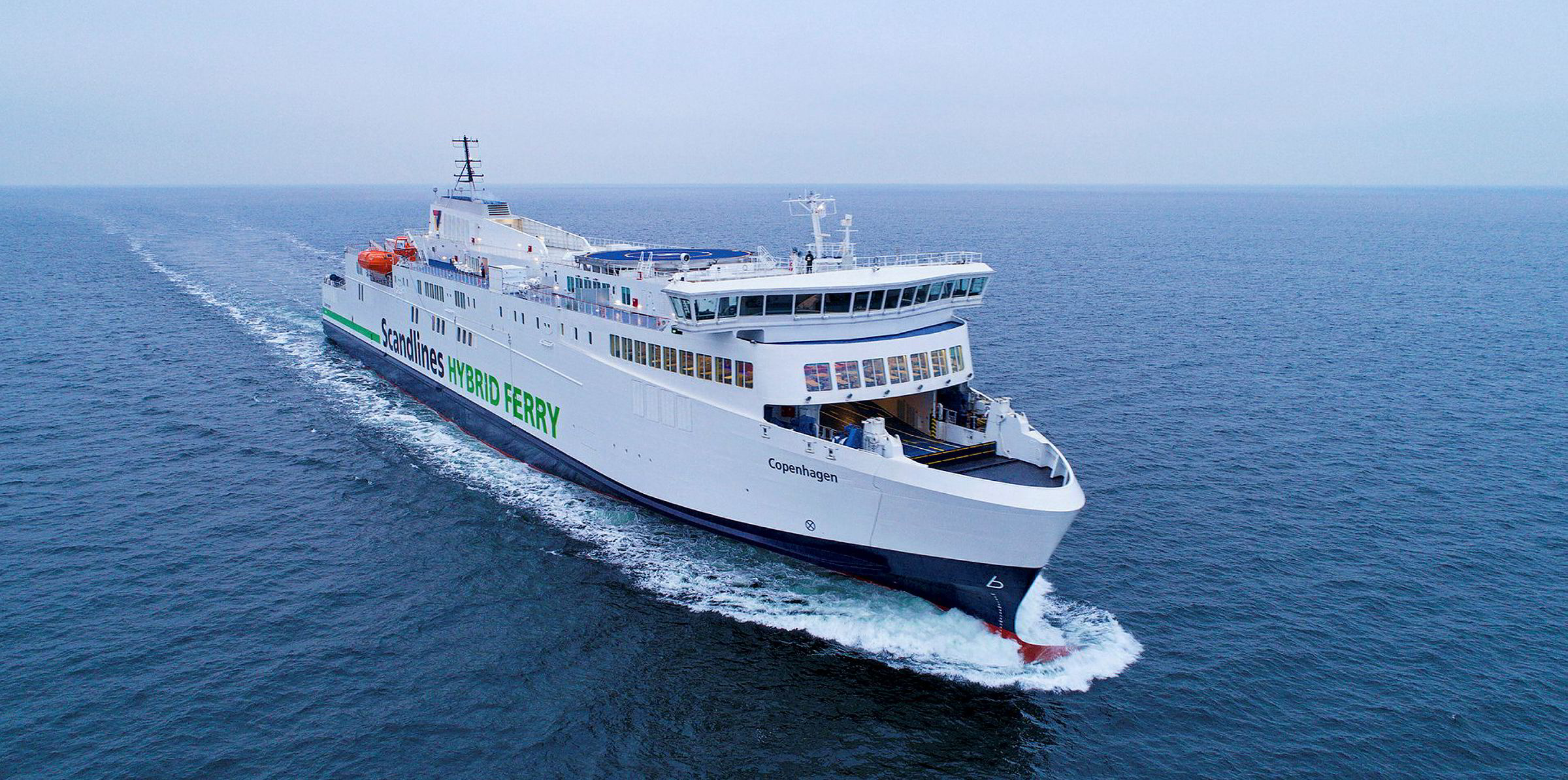Scandlines has poached Carsten Norland from Denmark's Royal Unibrew to be its new chief executive as Soren Poulsgaard Jensen moves on.
Jensen's departure is undramatic. The outgoing chief executive — a 12-year Scandlines veteran — decided early this year that he wanted a change.
"Soren [is] in his early fifties, which is a good time to make a next step," Scandlines chairman Vagn Sorensen told TradeWinds. "He gave us notice early and has been flexible about letting us find a successor."
Sorensen credits Jensen with keeping the company profitable throughout the Covid-19 pandemic.
The new boss will face the prospect of a new market landscape for Scandlines. The niche ropax ferry operator and leader in hybrid propulsion will face competition from a subsea tunnel that is being built on one of its two routes.
Of the move, Sorensen wrote: “Soren has done an excellent job and positioned Scandlines well for the future as a green and competitive provider of critical infrastructure connecting mainland Europe and Scandinavia.
'Right skills and experience'
"Norland brings the right commercial and international skills and experience to carry on the good results ... towards the opening of the Fehmarn tunnel and beyond.”
Jensen will stay on until his successor arrives on 1 September and then for two more weeks to help with the transition, the company announced today.
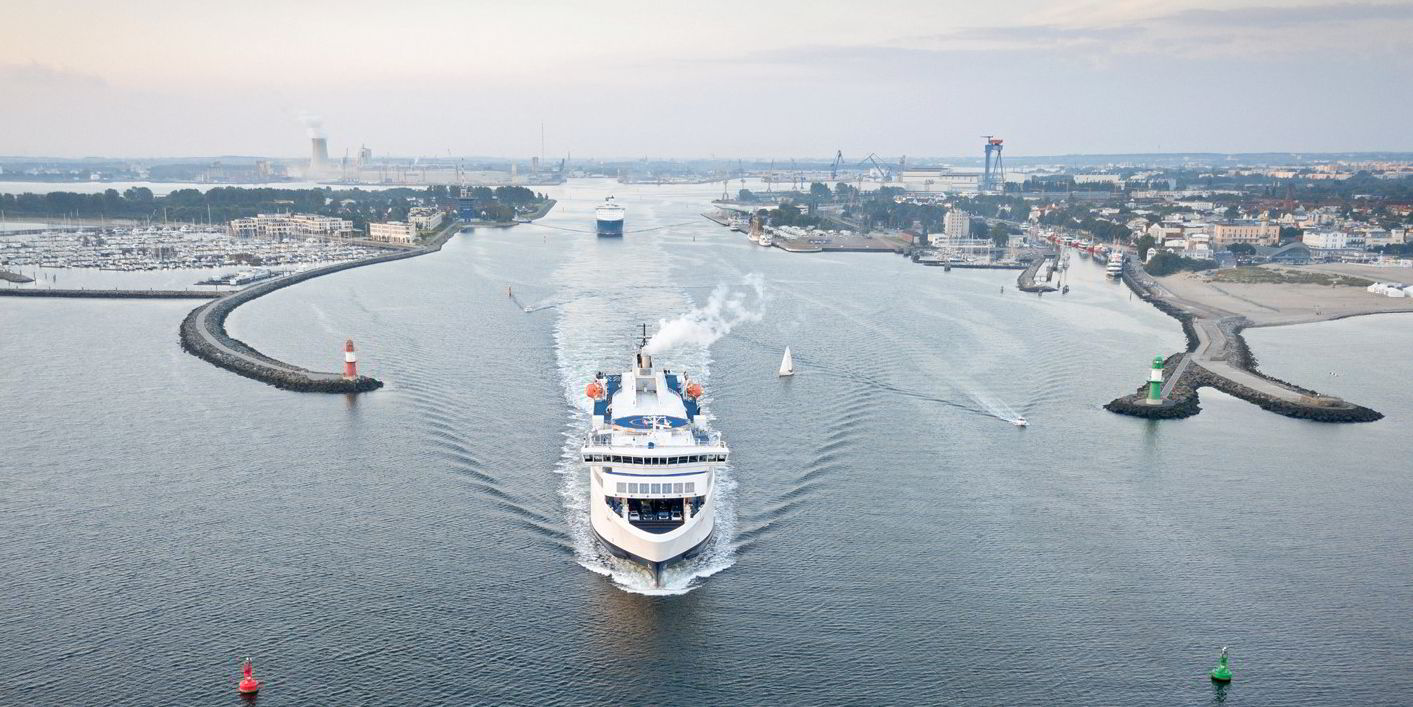
The Scandlines chairman told TradeWinds that the board decided against an internal candidate because the company needed "a pair of fresh eyes". The Copenhagen branch of headhunting firm Heidrick & Struggles took on the search and Norland was chosen from about 20 candidates.
No shipping background
Unlike outgoing Jensen, who served in senior international positions with AP Moller-Maersk before joining Scandlines in 2009, Norland does not have a shipping background.
He comes from a position as a senior vice president international at Royal Unibrew, the company that makes Denmark's Faxe and Finland's Lapin Kulta drinks brands and distributes PepsiCo products throughout much of northern Europe. But he does have a transport background as a former Copenhagen Airports executive.
Sorensen himself has an aviation background, and is chairman of Air Canada and a long-serving board member at Royal Caribbean Cruises. He was previously vice chairman of Danish ropax operator DFDS.
Scandlines — formerly controlled by Deutsche Bahn and the Danish transport ministry — was privatised in 2007, and is owned by three large international infrastructure funds.
The majority share is in the hands of Australian-based First Sentier Investors (FSI) alongside US-based Federated Hermes and UK-based 3i, which was formerly the sole owner.
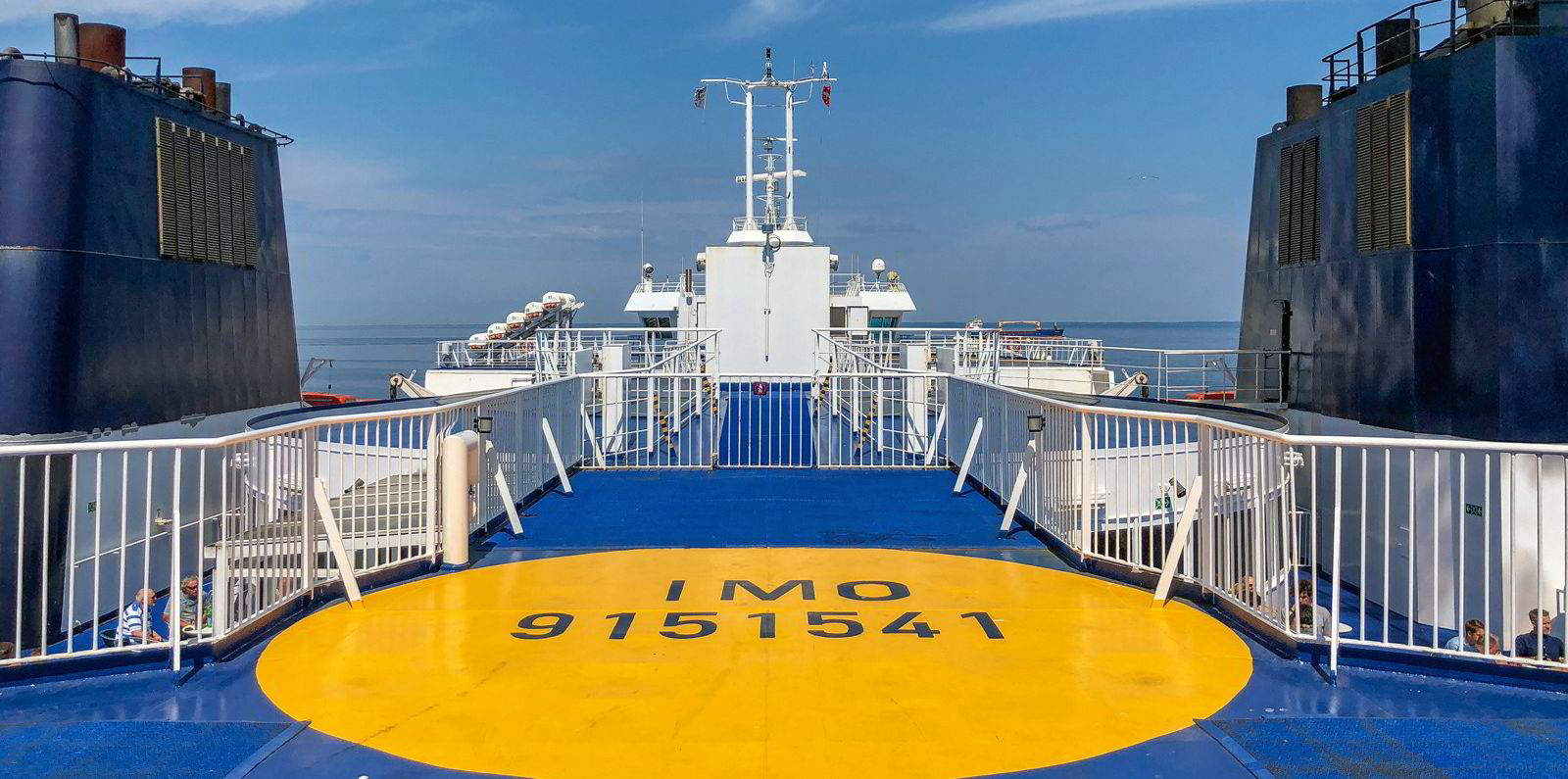
FSI — formerly known as First State Investments — is owned by Japan's Mitsubishi UFJ Trust and Banking Corp.
The websites of the owning funds imply that they view Scandlines less as a shipping than as an infrastructure play. Scandline presents its ships, owned and leased ports, and its highway links as parts of a single "traffic machine".
Unlike other Scandinavian owners and operators of large ropax ferries, Scandlines runs its ships on just two short routes between the German mainland and Denmark's islands. Regulatory demands on its environmental performance are proportionally high.
Of its eight ships, six are hybrid diesel-electric ropaxes of up to 22,000 gt, built or converted to high environmental standards. One ship features a rotor sail, and low-noise, low-emissions pull thrusters are being installed throughout the fleet.
One unconverted ropax is used for freight and as a standby vessel, and one pure ro-ro vessel is used for hazardous cargoes.
